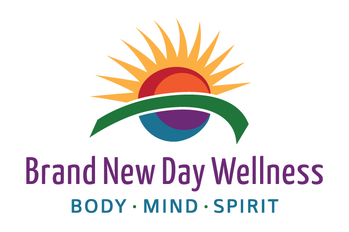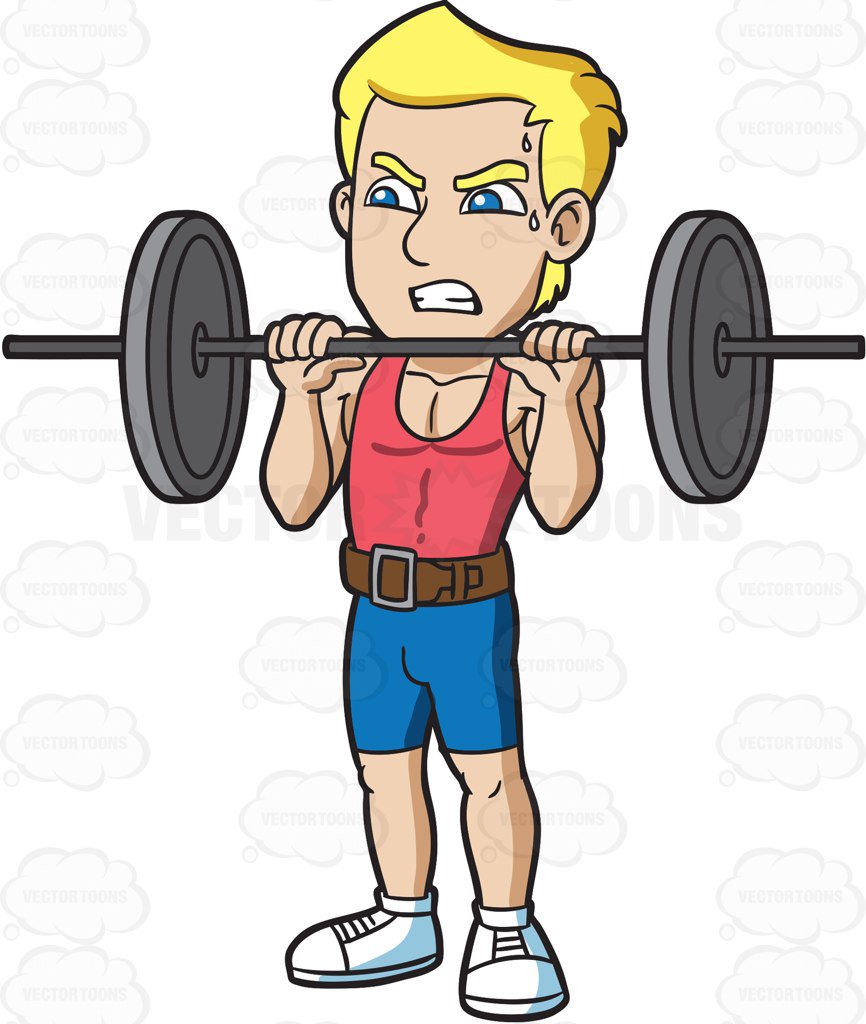|
Yes, we're talking testosterone. That muscle-building hormone. But I'm not going to recommend that you take any anabolic steroid hormones or anything like that. I am going to give you some solid tips on how you can boost your testosterone levels naturally. What is Testosterone? The principle male hormone in men is testosterone. The hormone is typically found in the testicles of males, yet women also have a small amount of testosterone in their ovaries. Testosterone signifies many physical aspects of masculinity and helps to maintain sex drive, muscle strength and bone density, reproductive ability, facial and body hair. Yet some of the primary health importance of higher levels of testosterone are closely associated with lower risks of heart disease, blood pressure, diabetes and obesity. Testosterone is vital for strong metabolism and heart health. As you get older, your testosterone level gradually declines - typically about 1 percent a year after age 30 or 40, according to the Mayo Clinic. Men can experience a dramatic reduction in their testosterone levels due to age, diet and stress and a combination of any of these. They go through ‘andropause’ which is the equivalent of male menopause. Symptoms include fatigue, heart issues, increased body fat, depression. We oftentimes determine that diet and lifestyle are at the root cause. Signs of lower testosterone levels can include:
Some of these signs and symptoms can be caused by various underlying factors, including medication side effects, obstructive sleep apnea, heart issues, thyroid, diabetes, high cholesterol, blood pressure, stress, anxiety, depression, high alcohol use, smoking, etc. Statistics show that men should have no less than 4-parts testosterone to 1-part estrogen in their body – the greater the better. Normally, our bodies make just the right amount of hormones for our wellness. The problem is that the female hormone estrogen is increasingly prevalent in our food and in our environment. And it’s changing the balance of hormones in men, giving them larger bellies, smaller muscles, larger breasts, lower sex drive, and prostate problems. When we eat too much sugar or flour (sometimes, even if its whole-grain flour), we over-produce insulin, a hormone that in excess will block our production of sex hormones like testosterone. But there’s a bigger reason that’s even more disturbing: it’s estrogen. An external flood of estrogen makes your body reduce or stop producing hormones internally. Endocrine-disrupting chemicals called xenoestrogens are getting into the blood every day that mimic the female hormone estrogen from our diet, the environment, vaccinations, personal hygiene products, etc. So where are we getting all this excess estrogen? Following are some of the worst offenders: From our food Modern "factory farmers” use hormones and other drugs/chemicals to accelerate weight gain in animals and increase profitability. This practice includes chickens, cows, pigs, and even fish farmers. Hormones keep dairy cows lactating continually including while they are pregnant. Simply put: when you eat the foods, you absorb the hormones. From our environment Bisphenol a (BPA) is a potent estrogen mimicker common in plastic products labeled #7 in the recycling triangle and most food can linings (yes, even organic brands!), as reusable water bottles, food cans, and dental sealants. According to the environmental working group, EWG, which publishes its “dirty dozen of endocrine disruptors,” BPA is #1. Phthalates Used to soften plastic. Found in vinyl flooring, detergents, automotive plastics, soaps and shampoos, deodorants, perfumes, hair sprays, plastic bags and food packaging. Triclosan Another common hormone disrupter is called triclosan found in antibacterial soaps, toothpaste, mouthwash, deodorants, and first-aid creams. Read labels to find out what you are putting into your body. Soap and water remain our best weapons against the spread of infection. Our skin is our largest organ and is a powerful absorption site that sends ingredients straight to our blood stream. In general, don't put anything on your skin that you wouldn't want to eat. Pesticides and gardening chemicals. Practice natural, organic gardening. Putting a flood of chemicals on your lawn or flowers, can end up on your skin, body, etc. (e.g., Chemlawn). Even if you don’t sit on the grass, the chemicals are transferred indoors via pets, shoes, kids, pets, the wind, etc. Perfluorooctanoic acid (PFOA) Used in water- and grease-resistant food coatings and non-stick cookware. Metalloestrogens A new class of estrogen-mimicking compounds. They include a number of metals: aluminum, copper, lead, mercury, barium, cadmium, tin cobalt, and others which are added to thousands of consumer products, including vaccines. The good news? Although this may sound overwhelming, the good news is you can make a difference and awareness is the first step. Being proactive and making conscious changes to your diet and lifestyle can help reduce the level of endocrine mimickers in your body. Begin with your diet remembering that everything starts with the gut. Think organic in your food, garden, skincare, etc., as much as your budget allows to reduce the chemical nightmare. Investing in organic is investing in your health and it will end up increasing your quality of life and reducing your health care costs down the road. Diet and Lifestyle A healthy diet is key to testosterone production. Studies show that diet has a significant impact on a person’s hormone levels. A diet heavy laden in sugars/sweeteners/chemicals blocks testosterone secretion and actually converts testosterone into estrogen. Chemically laden foods that we eat are processed with the endocrine-disrupting chemicals Xenoestrogens that go into your bloodstream and mimic the female hormone estrogen. Xenoestrogens are found in most non-organic foods, vegetables treated with pesticides, herbicides and pesticides, and the Bovine growth hormones that are added to commercial dairy products. Xenoestrogens are also found in additives and preservatives in beverages and packaged, processed foods of all kind – regardless of the label (gluten free, organic, etc.) such as sodas cookies, breads, muffins, cereals, frozen foods, ice cream, etc. Keep in mind, if it can last on the store shelf, it is processed and some chemical is added to help sustain it. To help you avoid these:
Reduce Toxins
Get up and Move!
Purge fragranced products
Optimize your Sleep
Vitamin, Mineral, Herbal Supplements Get enough zinc Zinc is an essential mineral that helps with a number of processes in your body (it helps over 300 enzymes). Zinc helps your immune system, helps to produce critical proteins and DNA, and also helps with wound healing. Enough zinc is necessary to maintain healthy skin and for optimal ability to taste and smell. Zinc is an antioxidant and can be supplemented to support optimal levels of testosterone because it helps the enzymes that converts cholesterol into testosterone. Zinc is found mostly in red meat, poultry, egg yolks, and shellfish. Some plants can also provide zinc such as beans and nuts. The best dietary source is oysters. The daily recommended dose of zinc for men is 11 mg/day (for women it's 8 mg/day). Low zinc levels are rare but tend to occur in vegetarians/vegans, athletes, and people who sweat a lot (zinc is lost in sweat). And low zinc levels have been linked to low testosterone levels. Of course if you don't get enough zinc in your diet you can always supplement. Before you do, however, consider a few things:
Get enough vitamin D Vitamin D, the “sunshine vitamin” is actually the most common nutrient that North Americans just simply don't get enough of in their diet. Not only is it not very abundant in foods but most places far from the equator don't get enough sunlight to produce adequate levels year round. Hello winter; goodbye sunshine vitamin. Vitamin D is known to help us absorb calcium from our foods and is also necessary for our immune system, nervous system, and muscular system. As with zinc if you're deficient in this nutrient you may experience increased testosterone levels after supplementing. Vitamin D deficiency is most commonly associated with bone conditions such as rickets in children and osteomalacia in adults. It is a fat-soluble vitamin and is found in fatty fish (wild sock-eye salmon, tuna, mackerel, sardines), organ meats, shiitake and button mushrooms and egg yolks. Unfortunately it isn't abundant in most other un-fortified foods. The bottom line with vitamin D is that you may need to supplement. Of course if you're always outside in the sun or eat fatty fish every day you may be the exception. You can always ask your doctor to check your blood levels to be sure because vitamin D is another one of those nutrients where more is not always better. Here are a few tips to supplement with vitamin D3 safely and effectively:
Supplement with Ashwagandha Ashwagandha is an adaptogen herb that reduces stress, anxiety and cortisol levels. It helps to improve thyroid function, enhance mood and sleep, boost energy levels, immune system, memory, and can improve libido. While insufficient scientific study has been done to conclusively support the notion of using natural supplements to boost testosterone, some research has been done on some of the more commonly used remedies. In one study from India, it was found to increase testosterone levels in infertile men, resulting in a 167% higher sperm count. Androgen Replacement TherapyThere may be a need to work with wellness professionals to administer Androgen replacement therapy, also known as testosterone replacement therapy (TRT). TRT is a method of supporting the existing levels of testosterone in the body using topical or injectable testosterone supplements intended to improve testosterone levels in patients. The treatment is in tangent with a healthy diet, exercise and lifestyle plan. Summary Remember, everything starts in the gut. Many times, diet and lifestyle are the root cause for low testosterone and it is a the first place to start in addressing issues. High insulin secretion (from high sugar through alcohol or food) blocks testosterone secretion. This promotes an even slower metabolism, reduced fat-burning, and more mood swings. Review your diet and lifestyle to determine how you may be proactive in your health first. If you think you may have some concerns or would just like to do a health check to see how you could improve your diet and lifestyle, seek counsel from a functional health coach for counsel on how to proceed. Contact me if you would like a free consultation on where to begin. For a healthy recipe to get you started that bolsters you with a mega dose of vitamin D and zinc, try the recipe below for a tasty Honey Sesame Salmon. If you would like help on incorporating healthy changes in to your life, CONTACT ME for a FREE consultation. It costs nothing and the results will change your life! Sessions can be done in-person or virtually. References:
Increase Testosterone Naturally Testosterone therapy: Potential benefits and risks as you age The role of environmental estrogens and autoimmunity How Female Hormone Mimickers are Killing Men’s Testosterone Dirty Dozen List of Endocrine Disruptors Testosterone 101 Zinc: The Massive Testosterone Booster No One Talks About! Vitamin D and your health: Breaking old rules, raising new hopes Is the Vitamin D Content Adequate to Satisfy the Dietary Requirement for Vitamin D? Vitamin D Fact Sheet for Consumers Summary of Vitamin D and Supplements Vitamin D in Mushrooms Vitamin D Deficiency Symptoms Foods, Fortificants, and Supplements: Where Do Americans Get Their Nutrients? What is Teflon? Should I be concerned?
0 Comments
Your comment will be posted after it is approved.
Leave a Reply. |
Categories
All
�
Archives
November 2022
|



 RSS Feed
RSS Feed